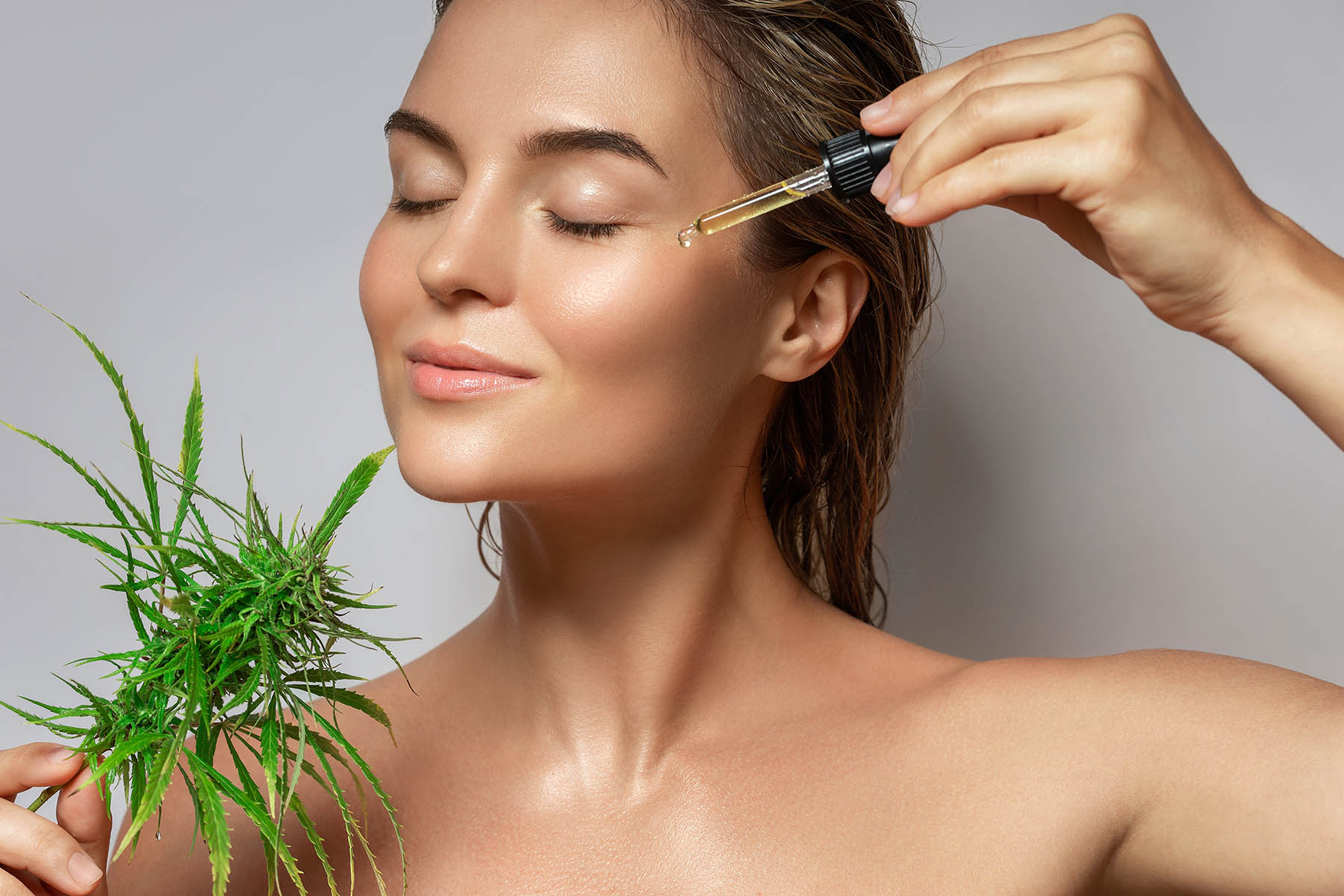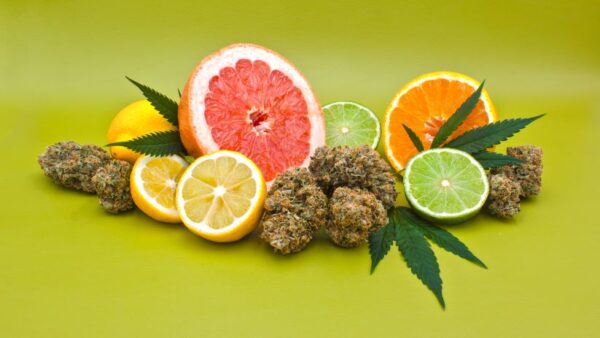A Historical Overview of Cannabis in Skincare
The use of cannabis in skincare isn’t a contemporary fad. For centuries, various cultures have tapped into the plant’s therapeutic properties, utilizing it to address skin ailments like rashes, burns, and wounds. With the advent of modern research, we’re beginning to understand how cannabis compounds, particularly cannabinoids like CBD, can offer an array of benefits to the skin.
The Power of Cannabinoids: CBD and THC
Cannabis houses over a hundred cannabinoids, but two stand out in the skincare realm: CBD (cannabidiol) and THC (tetrahydrocannabinol). While THC is famed for its psychoactive properties, its topical application has no such effects. Both CBD and THC possess potent anti-inflammatory properties, making them prime candidates for addressing various skin issues.
Combatting Acne with Cannabis
Acne is a formidable enemy for many. It’s not just a teenage issue; many adults struggle with it too. Several factors can trigger acne, including excess oil production, bacteria, and underlying inflammation.
- Anti-inflammatory Properties: Cannabis helps reduce skin inflammation, a significant culprit behind acne.
- Regulation of Sebum Production: Overactive sebaceous glands can exacerbate acne. Studies suggest that CBD may help regulate oil production, ensuring your skin isn’t too oily or too dry.
- Antibacterial Effects: Some cannabis compounds exhibit antibacterial properties, targeting the harmful bacteria that can lead to acne.
Addressing Signs of Aging with Cannabis
Aging is inevitable, but premature skin aging can be mitigated. Here’s how cannabis steps into the anti-aging arena:
- Rich in Antioxidants: Cannabis compounds, especially CBD, are loaded with antioxidants that combat free radicals, which are responsible for skin aging.
- Promoting Skin Elasticity: Cannabis promotes collagen production, ensuring skin remains elastic, firm, and wrinkle-free.
- Hydration: Some cannabis-infused skincare products contain essential fatty acids that provide deep hydration, addressing dryness and reducing the appearance of fine lines.
The Calming Effect: Addressing Skin Sensitivities
For those with skin conditions like eczema, rosacea, or general skin sensitivity, cannabis can be a boon:
- Soothing Inflammation: Cannabis topicals can reduce redness and inflammation associated with these conditions.
- Barrier Strengthening: By promoting cell regeneration, cannabis strengthens the skin’s protective barrier, shielding it from irritants and allergens.
Navigating the Market: Choosing Quality Cannabis Skincare Products
With the booming interest in cannabis skincare, the market is inundated with products. Not all are created equal. Here’s a guide to making informed choices:
- Check the Ingredient List: Ensure CBD or cannabis sativa seed oil is listed as a primary ingredient.
- Opt for Full-Spectrum: This means the product contains all the beneficial cannabinoids, terpenes, and flavonoids found in the plant.
- Seek Out Third-Party Testing: This ensures you’re getting a product free from contaminants and verifies its CBD content.
Potential Side Effects and Precautions
While cannabis in skincare is generally considered safe, it’s vital to conduct a patch test before full application. This will help ascertain if you have any allergic reaction. Also, remember that while cannabis can assist in skincare, it’s not a miracle cure. A holistic skincare regimen, coupled with a balanced diet and adequate hydration, will deliver the best results.
The Rise of Cannabis Skincare Brands
As the benefits of cannabis in skincare become more recognized, numerous brands are emerging, each bringing unique formulations to the table. From luxury brands to more affordable options, there’s a vast landscape to explore for those keen on integrating cannabis into their skincare routine.
With the evolving research and the burgeoning market, cannabis’s role in skincare is only set to grow. As with any skincare product, individual experiences may vary, but the therapeutic potential of this ancient plant is undeniably promising.






